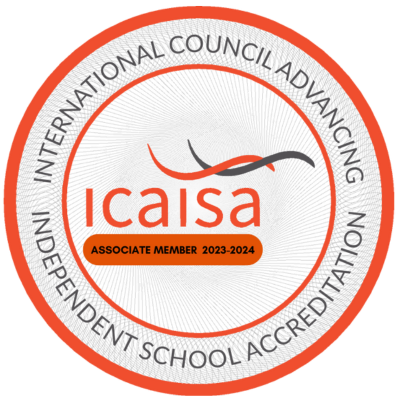|
Agenda
9:30 - 10:30 am | KEYNOTE
Supporting Executive Function in the Classroom | Katherine Rehiling Graham Mendez, The University of Memphis, Memphis, TN
Audience: Pre-K - 12
Strand: Executive Functioning, General Audience
Despite the fact that research indicates that executive function skills are some of the top predictors of academic success, they are rarely discussed in the world of education. During this session, we will define executive functions, discuss examples, and present a variety of tools that can support executive functioning to improve students' time management, homework management, project management, and reading comprehension. 10:45 - 11:45 am | Session 1 | Select One Is it Behavior, Executive Functioning Deficits, or Sensory Overload? | Courtney Gallaher, Currey Ingram Academy, Nashville, TNAudience: Lower School Strand: Executive Functioning
Student reactions and responses can look the same when a student struggles with behavior regulation, executive functioning, or sensory processing. How do you tease out the difference? This session will take a closer look at how to distinguish behavior challenges, executive functioning deficits, and sensory processing disorders from each other in the Lower School aged student. Understanding the root of an unexpected or non-preferred reaction helps to inform the best recommendations and intervention strategies for students struggling with unexpected reactions in the classroom. Social Emotional Learning and the Neurodivergent Teen | Jennifer Bailey, The John Crosland School, Charlotte, NCAudience: Upper School
Strand: SEL
Let's have a discussion about the atypical brains in your classrooms. How can relationships be leveraged to prepare students to flourish in school and beyond? Crossroads Conversation: Examining the State of Learning Support Services in Independent Schools and their Future Implications | Dr. Tai Hinkins, Saint Mary’s School, Raleigh, NCAudience: Learning Specialists, Administrators
Strand: General
Where do we go from here? In an independent educational landscape with a growing demand for meeting the needs of neurodiverse learners, how do we shape our programs to provide cutting-edge services that will foster success in a postsecondary learning environment? 12:00 pm - 1:00 pm | Session 2 | Select One Executive Functioning Challenges for Students with ADHD & Implications for the Classroom | Regan Humphrey, Currey Ingram Academy, Nashville, TNAudience: Lower School, Middle School
Strand: Executive Functioning, ADHD
Executive functioning skills play a critical role in a student's academic performance, social connections, family relationships, and more. Research increasingly shows that ADHD impacts all areas of executive functioning. This presentation will help participants to understand what executive functions are, how ADHD affects their development, and the implications for the classroom setting. Participants will leave with practical strategies that they can use in the classroom to support the executive functioning skills of students with ADHD. Promoting Mathematical Thinking and Reasoning for Students with LD | Dawn Pilotti, Currey Ingram Academy, Nashville, TNAudience: Pre-K - 12, Math Teachers
Strand: Math
This session will focus on developing high-level mathematical thinking and reasoning skills for students with disabilities. Emphasis will be placed on teaching methods that support the cognitive and language skills needed for mathematical problem solving. Strategies for Students to Improve Homework and Study Habits | Geraldine Pesacreta, The Hill Learning Center, Durham, NCAudience: Rising Upper School Students, Upper School
Strand: Processing
Students voice concerns about completing homework on time and with high quality. In this session, participants will learn strategies to support students as they tackle students’ top four questions and concerns. 1. I have so much homework; how can I get it turned in on time? 2. How can I pass a test if I don’t understand the material? 3. I studied a long time, so why did I do so poorly? 4. How do I take notes so that they make sense?
1:00 - 1:45 pm | Lunch break on your own 1:45 - 2:45 pm | Session 3 | Select One SPD & ADHD: Understanding the Difference, Correlation, and Co-morbidity of Sensory Processing Disorder & ADHD | Courtney Gallaher, Currey Ingram Academy, Nashville, TNAudience: Pre-K - 12
Strand: SPD and ADHD
Audience members will gain an understanding of SPD and the roots of SPD challenges, learn the differences between SPD & ADHD that help to delineate the causes of behaviors, and be provided with initial strategies for supporting the needs of students with either SPD or ADHD.
Supporting the Social-Emotional Needs of Lower School Students | Danielle Barton, Currey Ingram Academy, Nashville, TN Audience: Early Childhood and Lower School
Strand: SEL
In this presentation, attendees will learn about the importance of intentionally focusing on teaching and supporting the social-emotional skills of the youngest learners and strategies to support these throughout the school day.
3:00 - 4:00 pm| Session 4 | Select One Noticing and Meeting Sensory Needs | Rachael Carlson, The Edison School, Nashville, TN
Audience:Pre-K - 12
Strand:SPD
Various students may struggle with different sensory needs. Some are seeking sensory input or trying to remove something that is causing them discomfort. If not properly recognized and handled, responses may manifest as concerning behaviors. We will go over ways to notice sensory needs and how to help a student with some of those needs. This information can potentially help avoid a meltdown.
Dyslexia: Best Practices in Various Academic Settings | Michele Richter, Currey Ingram Academy, Nashville, TN Audience: Pre-K - 12, Literacy Teachers
Strand: Literacy
This presentation will identify what dyslexia is and is not, will debunk common myths about dyslexia, and will give a brief simulation of what it is like to be dyslexic. The presentation will discuss best practices for the literacy classroom and how educators in other academic areas can support dyslexics in their classrooms.
Strategies to Process and Recall New Information | Geraldine Pesacreta, The Hill Learning Center, Durham, NC Audience: Lower School and Middle School
Strand: Processing
In this session participants will learn concepts and strategies to help students learn how to process new information. They will: • Learn the contributing factors to processing information: comprehension, practice, and intentional focus. • Learn ways to teach towards different levels of understanding: memorization, a concept’s characteristics, and a concept’s relationship with the bigger picture. • Learn interleaved, spaced practice, and retrieval practices that support processing. • Learn specific strategies for students to process new information.
|








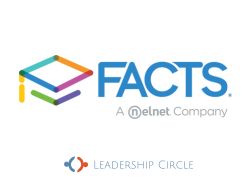
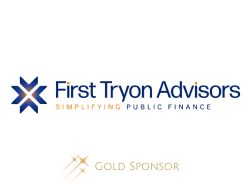
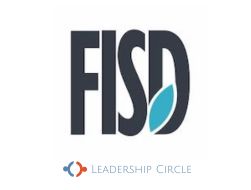

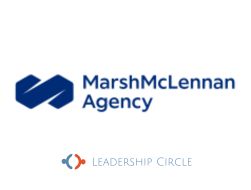








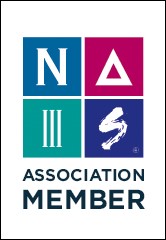 .
. 
